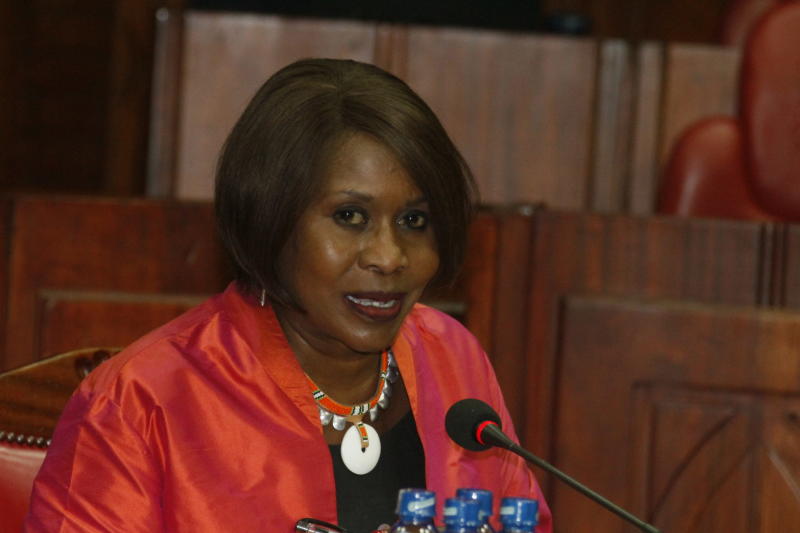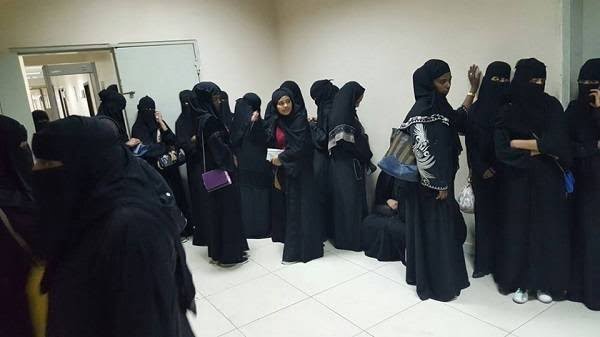Book publishers have defended themselves against accusations that they have done a shoddy job on textbooks for public schools.
The Kenya Publishers Association (KPA) said the errors should not be blamed on publishers alone, but all the players involved in the process.
KPA chairman Lawrence Njagi told journalists yesterday that all the books used as course or supplementary materials underwent a rigorous quality control process. He said two of the books that have errors were from members of his association and two were not.
He added that from the highlighted reports, the most visible concern was about a book with an illustration of a helicopter, which observers said idolised politicians. He said the issue had been addressed by the concerned publisher.
“There was another example of a revision book with an illustration of a child in uniform digging in the school farm when the other learners are in class. This could be a form of punishment which amounts to child abuse in this context. The book is therefore correct,” Mr Njagi said.
Teachers and experts have complained that some of the books have many mistakes and will compromise education.
“Our worry is the impact the errors will have on learners. Using these books may cause damage to learners either through omission of some content or overload. I have received many complaints from teachers,” said the Kenya Secondary School Heads Association chairman, Kahi Indimuli.
Zablon Awange, the Kisumu branch of the Kenya Union of Post Primary Education Teachers, said professionals should proof-read books before they are released to learners.
“Initially, some textbooks had many errors in material facts that have been misleading to students. We demand that during this audit, the Government ensure that such errors don’t recur,” Mr Awange said.
Janet Nzuki, the corporate affairs officer at Jomo Kenyatta Foundation, last week said the company had recalled the Grade Two English textbook, which uses the illustration of the helicopter, after the criticism. She said revised edition would be printed.
Countrywide rollout
The decision was made after a meeting with Education Cabinet Secretary Amina Mohamed in which the ministry expressed concern about the quality of the materials.
Pupils in Grades One, Two and Three have been using books under the new competency-based curriculum being piloted ahead of its countrywide rollout in January.
Njagi told teachers, parents, learners and other stakeholders to distinguish between the old and new curriculum.
“Approved new curriculum books, therefore, address the competency-based curriculum appropriately while the knowledge-based 8-4-4 curriculum books have their different approach. It is not correct to judge the two using the new curriculum template,” Njagi said.
He advised parents and members of the public to take their concerns to teachers, who are better-placed to guide and advise them.
He added that two books that the public has complained about were from Ghana and the US.
“These books are not from our members and are not used in our education system. They are addressing different topics,” Njagi said.
He said as part of quality control measures, publishers use experienced subject teachers to write books to ensure minimal chances for errors.
The Government has spent Sh7.6 billion to buy books for Standard Seven and Eight and forms One to Four, down from the Sh13.5 billion it spent before.

















































